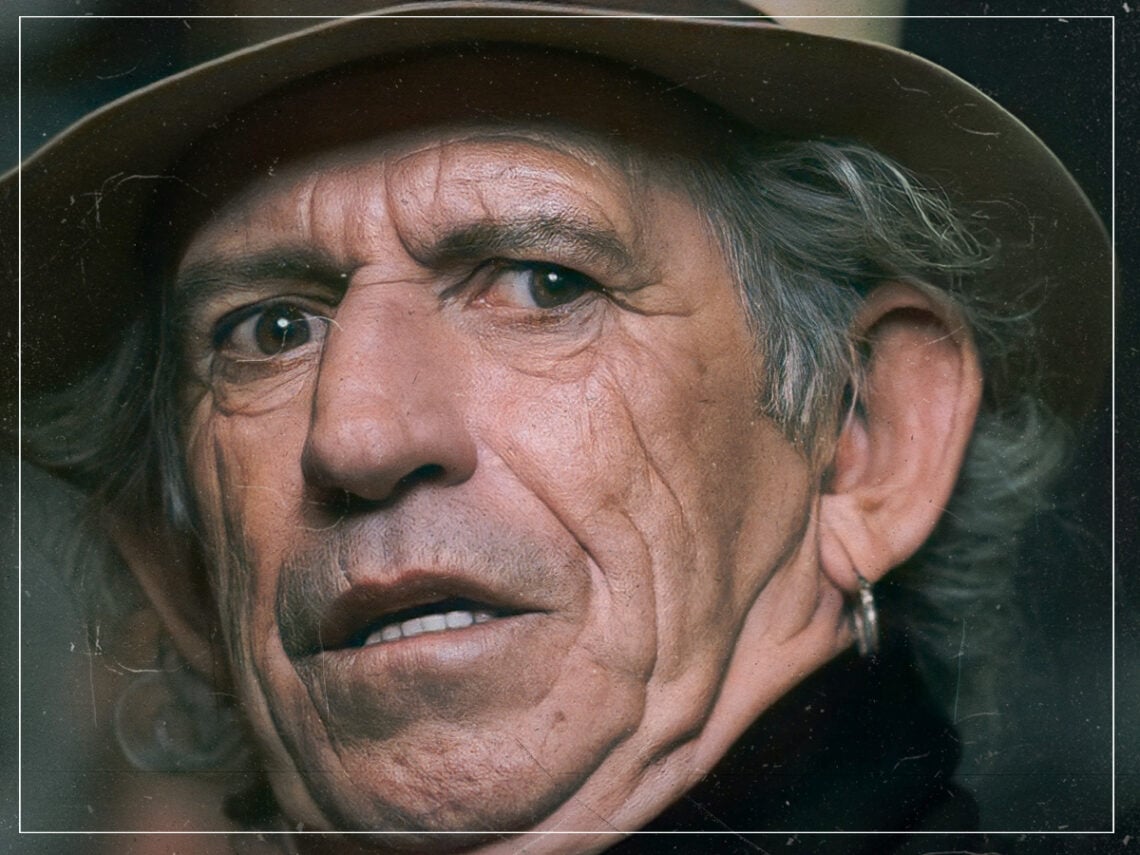When The Rolling Stones surfaced on the global platform in 1964, they joined The Beatles in the so-called British Invasion. Together, this wave of bands brought the sound of rock ‘n’ roll back to the top of US charts following a swell in the 1950s. For the most part, the Stones and The Beatles were mutually appreciative and understood their differing strengths. However, the same could not be said for every British rock band.
In The Beatles’ dying days, The Rolling Stones stepped into a broad stride, thanks to the induction of guitar prodigy Mick Taylor and a pivotal partnership with producer Jimmy Miller. The 1969 album Let It Bleed promised greatness for the early 1970s, but a new age was dawning for rock music as strong winds struck the sails of heavy rock bands like Black Sabbath, Led Zeppelin and Deep Purple. Together, these three bands formed the Unholy Trinity and threatened the Stones’ position on the rock ‘n’ roll throne.
Even at their heaviest, in songs like ‘Bitch’ or ‘Gimme Shelter’, The Rolling Stones were never metal-adjacent. As faithful disciples of the blues tradition, the band refrained from departing too far from a traditional rock and roll sound. While they undoubtedly found Led Zeppelin’s instrumental and compositional talents impressive, the Stones never saw metal or early metal adjacent groups like Led Zeppelin as a match for their clean-cut rock ‘n’ roll allure.
In a late-1970s interview, guitarist Keith Richards discussed the punk movement as something he wasn’t necessarily against but with which he could never be involved. In his appraisal, he labelled Sex Pistols as a group engineered for “mass-media consumption”. He then took a swipe at early metal groups with the same glove.
Asked who he felt were the greatest rock artists around, Richards felt it necessary to denounce some of the Stones’ rivals. “I’m not going to say Led Zeppelin, The Who, Black Sabbath,” he said. “I’d only be lying, they’re not my favourites.” His issue with the acts all came down to a matter of origin and organisation. He added, “They’re thrown together, and you always feel it. You can always see the join.”
Though Richards is famed for his bold, energising lead hooks and is undeniably one of the early architects of metal, he has always held a firm line on the genre. “[Most heavy metal] sounds like a dull thud to me,” he told the New York Daily News in 2015. “For most bands, getting the syncopation is beyond them. It’s endless thudding away, with no bounce, no lift, no syncopation.”
As Richards demonstrates, heavy metal is an acquired taste and has never been at the forefront of pop music. The genre generally leans on aggressive, unrelenting rhythms and heavy, distorted guitars, often coupled with macabre, disturbing lyrical themes. Richards can handle disturbing themes, but as a fan of soul and the blues, he likes a little colour in his rhythms. “Millions are in love with Metallica and Black Sabbath,” he added. “I just thought they were great jokes.”
Richards is famously opinionated when it comes to music genres that emerged much later than the 1960s. While in the heat of his tirade, he also took aim at hip-hop, accusing the genre’s artists and followers as musically inept. “What rap did that was impressive was to show there are so many tone-deaf people out there,” he said, all guns blazing. “All they need is a drum beat and somebody yelling over it, and they’re happy. There’s an enormous market for people who can’t tell one note from another.”
One only has to read between the lines to derive Richards’ stance on contemporary pop music — if it doesn’t have the rock and the roll, he’s not really interested.



